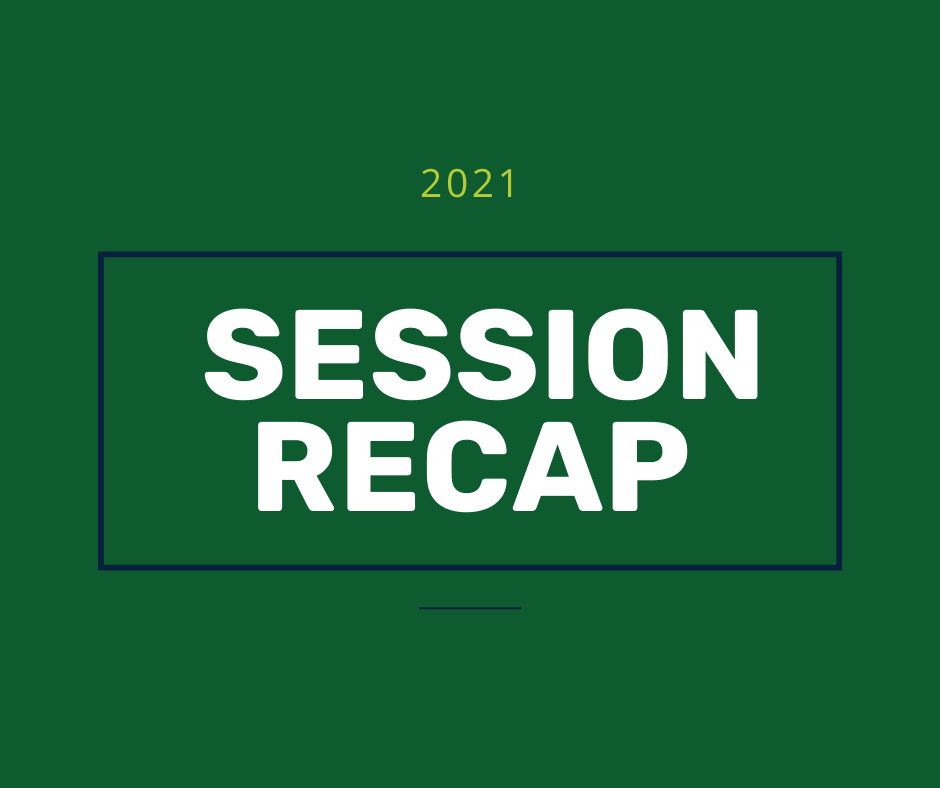On Tuesday, June 8th, the Colorado State Legislature adjourned. Though session has ended there is still much work to do. In this recap we’ll talk about some of the bills passed this session, the impact of COVID relief funding, and the long-term work that Health Care Policy & Financing (HCPF) will be pursuing over the next few years as a result of Case Management Redesign (CMRD).
This session saw over 600 bills introduced, with just over 500 passing. Some of the bills that we have identified as most impactful to the Developmental Pathways community include:
- Long-term Services and Support Case Management Redesign
- Supported Decision Making Agreements
- Distribution of Federal Funds Home and Community Based Services
- Child Find Responsibilities
- Early Childhood System
- Elimination of Subminimum Wage
- First Responder Interactions Persons with Disabilities
- Ballot Access for Voters with Disabilities
Once bills are passed and signed by the Governor, bills are implemented through the rulemaking process.
The Colorado Budget, commonly called “The Long Bill,” was passed and signed in May. The budget included a 2.5% provider rate increase and the allocation of an additional 667 Developmental Disabilities (DD) waiver slots that will be released over the course of one year. With DD waiver slots also allocated to transitions, emergencies, etc., the total number of anticipated slots this year is over 1,000! The budget also added funding to state reserves and special education programs.
Last year’s budget process was focused on cuts and preserving funding, so the abundance from which allocations were made this year was wonderful for our community. After many years of efforts from Developmental Pathways, Alliance, and our advocacy partners, it seems that many legislators are starting to understand the underfunded IDD system and are working to systemically fix some of these large issues. The efforts made during and since last year’s End the Wait Campaign have been long-lasting this session.
In addition to managing the Colorado State Budget, elected officials were also tasked with stewarding the $3.8 billion dollars that came into the state through the American Rescue Plan Act (ARPA). This meant increased spending on recovery and restoration of pre-pandemic priorities. With federal relief funds coming into Colorado through ARPA and a recovering economy, the 2021-2022 budget restored many of the cuts that were made with the uncertainty of the COVID pandemic.
Additionally, due to an enhanced Federal Medical Assistance Percentages (FMAP) of 10% allocated to Home and Community-Based Services (HCBS), HCPF will be able to access approximately $500 million for priority investments. After initial stakeholder engagement, HCPF submitted the application to the Centers for Medicaid and Medicare Services (CMS) identifying these spending areas. Legislation was passed during this session that authorized spending of these dollars pending federal approval. However, once federal approval is obtained, HCPF will need to finalize the plan with the JBC and stakeholders. You can access the proposal here.
With the passage of HB21-1187 “Long-term Services and Support Case Management Redesign” (CMRD), another priority for HCPF after this session will be the implementation of CMRD. HCPF is posting stakeholder opportunities and relevant information on this website. The passage of HB21-1187 tasked HCPF with creating a timeline to come into federal compliance by December 2021 and an implementation date of July 1, 2024.
Another piece of legislation passed this session that impacts the DP community is the transfer of Child Find Responsibilities (to include the oversight and funding of Early Intervention evaluations) from the Colorado Department of Education (CDE) to the Colorado Department of Human Services (CDHS). This move was anticipated through most of session in the hopes of streamlining access to services and coordination. Creating clearer access and coordination to early childhood services and education is also reflected in the Early Childhood System legislation that creates a new Department of Early Childhood.
The 2021 Legislative Session was incredibly busy for all members. Our elected officials worked hard to support our community. A great way to build a relationship with legislators is to thank them for their hard work whether via social media, email, or even an old-fashioned thank you card. With session over, now is also a great time to connect with state legislators through a town hall event or even something more informal.

